Kenyans Overseas Honour Raila's Legacy of Reform and reconciliation.
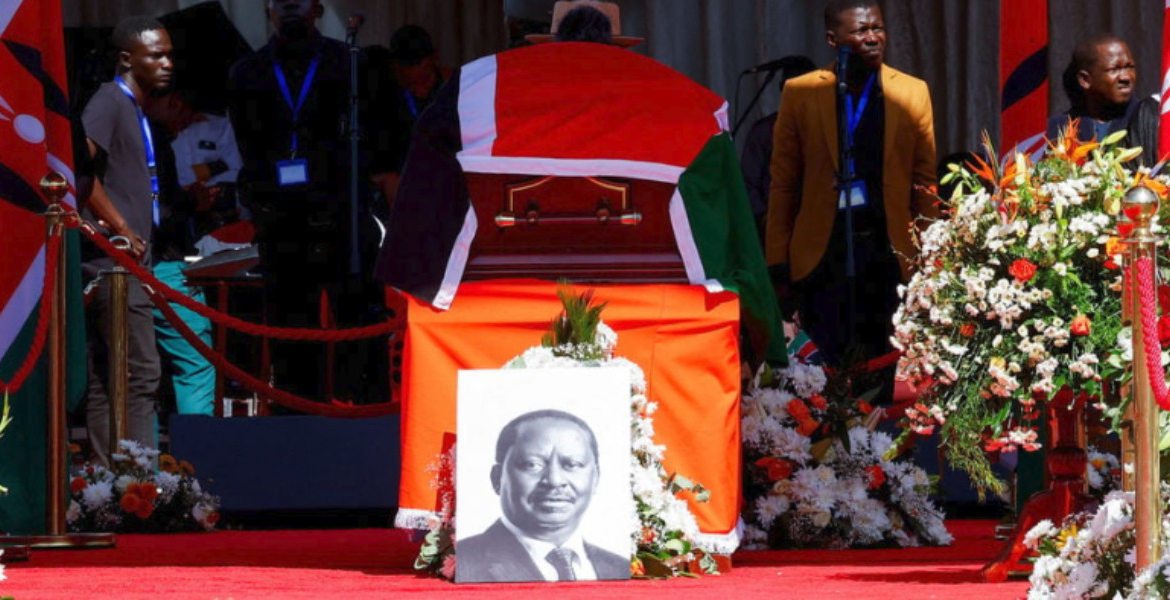
Raila Amolo Odinga, one of Kenya’s most influential political figures, died on 15 October 2025.
His death has set in motion a new and uncertain chapter in the country’s political landscape. Odinga’s political journey was shaped by years of opposition to authoritarian rule. After his release from detention in 1991, he fled to Norway, fearing persecution under Daniel arap Moi’s government.
During his time in exile, Kenya’s pro-democracy movement grew stronger, leading to the end of the one-party system. When he returned, Odinga had become a powerful symbol of political resistance and democratic reform.
The response to his death reflects both admiration and division. Many Kenyans see him as a freedom fighter who advanced the country’s democratic institutions. Others view his later political choices as a departure from the ideals he once championed.
Among younger Kenyans, Odinga’s legacy is complex. Valentine Githae, founder of the Washington D.C.–based 6.25 Movement, credits him for his early democratic role but remains critical of his later decisions.
“He didn't support us when we needed him,” she says. “I acknowledge his role in multipartyism and the constitution, but in recent years, he seemed self-serving.”
Much of this criticism centres on his decision to work with President William Ruto’s Broad-Based Government. For many young activists, this move signalled a break from the opposition values he once embodied. Disputes over party nominations in his stronghold of Nyanza also strained relations between the ODM leadership and younger supporters.
His burial in Bondo was marked by both personal grief and political symbolism. As Ms Ida Odinga and Winnie Odinga laid a wreath at his graveside, the ceremony also marked the closing of a defining political era for his family, his region and his party.
The Orange Democratic Movement’s strength in Nyanza and Western Kenya has long depended on Odinga’s personal influence. Over the years, the party expanded through populist messaging and reform-driven campaigns.
But in recent years, internal divisions, discontent in areas such as Kakamega and Bungoma, and declining support among younger voters weakened its position.
Odinga’s death leaves a significant leadership gap.
President Ruto’s outreach to Gideon Moi is widely seen as an attempt to shape the post-Raila political environment in Nyanza. Figures including Babu Owino, Edwin Sifuna and Alice Wanga are expected to compete for influence, but whether any of them can command Odinga’s level of loyalty remains uncertain.
Odinga’s influence reached far beyond national borders. Kenyan diaspora communities, especially in Europe and North America, saw him as a key figure in the country’s democratic journey. Prof Kefa Otiso of Bowling Green State University in Ohio describes him as “the most consequential Kenyan leader since independence, apart from Jomo Kenyatta.”
“He gave us the 2010 Constitution, which enshrined devolution and a robust Bill of Rights,” Otiso says. “His ability to calm the nation at critical moments, even when it cost him politically, was extraordinary.”
As the African Union’s High Representative for Infrastructure, Odinga supported major regional projects aimed at strengthening African integration. His pan-African work often received less attention than his domestic political battles but reinforced his status as a continental statesman.
The 2007 general election remains one of the defining moments of Odinga’s career. Many believe he was denied victory, and the post-election violence that followed claimed more than 1,000 lives.
Prof Eric Otenyo of Northern Arizona University says, “Kenya’s elite denied him the presidency, and the country bled. But the fact that he didn’t let the country break apart—that is his greatest gift to Kenya.”
Odinga’s decisions to enter power-sharing agreements after disputed elections, including the 2008 coalition government and the 2018 “Handshake” with President Uhuru Kenyatta, illustrated his willingness to compromise for stability. Although he never held the presidency, his influence on national politics and governance was profound.
ODM now faces the task of redefining itself without its founder. Other political forces are already moving to fill the gap, including efforts to consolidate diaspora support. Internally, party factions are weighing their strategies in the absence of a clear successor.
Valentine Githae reflects the uncertainty among younger Kenyans: “I could see ODM splitting. Babu Owino has been following in Baba’s steps. But without Raila, everything changes.”
Raila Odinga’s life combined resilience, political compromise and enduring national influence.

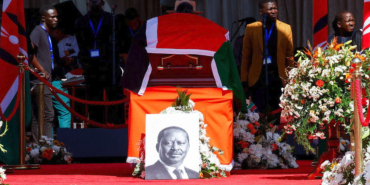
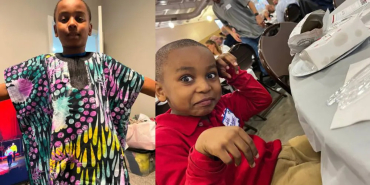
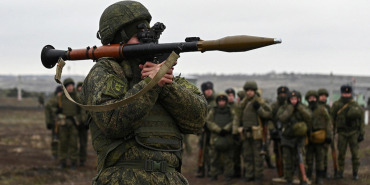
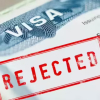

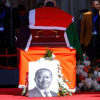
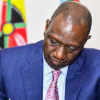
Add new comment